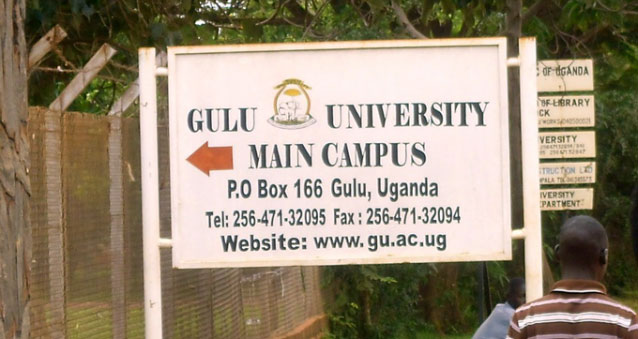
Gulu, Uganda | THE INDEPENDENT | Plans are underway to incorporate plant propagation into the syllabus of students studying traditional and herbal medicine at Gulu University’s Department of Biotechnology and Pharmaceutical Studies-PharmBiotec.
The department of PharmBiotec was introduced in 2017 to empower herbalists, traditional knowledge holders, and traditional healers with the skills to extract, standardize, and administer high-quality and hygienic herbs.
Dr Alice Veronica Lamwaka, a senior lecturer at PharBiotec, says since the inception of the traditional medicines program, they have trained more than 500 herbalists and traditional healers from Lamwo, Kitgum, Amuru, Nwoya, Pader, Apac, Oyam, Kabaale, Fortportal and formulated 30 different herbs for the management of various ailments.
Dr Lamwaka, however, says they will recall the students who have completed their 5-week course, to be trained in plant propagation and cell cultures. This will enable them to acquire knowledge on the process of multiplying or regenerating a mother plant through the seeds or cloning using vegetative parts such as shoots, stems, roots, or leaves of a mother plant.
Dr Lamwaka is optimistic that incorporating plant propagation and cell cultures will keep the genebank, now known as the Cultural Science Center, vibrant, because it helps the department translate indigenous knowledge from traditional knowledge to science.
Traditional medicine has been used since time immemorial in Uganda to manage different diseases.
A 2016 study on; “Prevalence and Factors Associated with the Use of Herbal Medicine During Pregnancy Among Women Attending Postnatal Clinics in Gulu District” reveals that 60 per cent of Ugandans, irrespective of their social class and educational levels seek medical advice from herbalists.
However, deforestation and urban pollution are devastating the ecosystem in northern Uganda and endangering the existence of the herbs, forcing the university to find ways of preserving the remaining species on its 57-acre piece of land.
****
URN
 The Independent Uganda: You get the Truth we Pay the Price
The Independent Uganda: You get the Truth we Pay the Price



